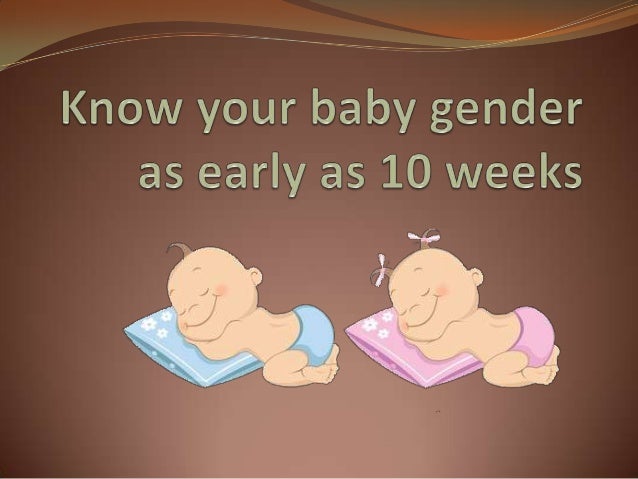 Source: bing.com
Source: bing.comTable of Contents
Introduction
As a mom-to-be, it’s natural to be curious about when your baby will develop its gender. In this blog post, we will explore the answer to the frequently asked question, “When does a baby develop its gender?” and provide you with all the information you need to know.
What is Gender?
Before we dive into the details of when a baby develops its gender, let’s first understand what gender is. Gender refers to the social and cultural characteristics associated with being male or female. It includes factors such as clothing, behavior, and personality traits. It is important to note that gender is different from sex, which refers to the biological differences between males and females.
When Does A Baby Develop Its Gender?
The development of a baby’s gender begins at conception. The baby’s sex is determined by the chromosomes it inherits from its parents. Females have two X chromosomes, while males have one X and one Y chromosome. If the fertilizing sperm contains an X chromosome, the baby will be a girl. If the fertilizing sperm contains a Y chromosome, the baby will be a boy.Although the baby’s sex is determined at conception, it takes several weeks for the sex organs to develop. At around six weeks, the baby’s gonads, which will eventually become the ovaries or testes, begin to form. By week nine or ten, the baby’s genitalia begin to differentiate into either a penis or a clitoris and labia.
Factors That Can Affect Gender Development
While the sex of a baby is determined by genetics, there are some rare cases where the baby may be born with ambiguous genitalia. This occurs when the development of the baby’s sex organs is disrupted during pregnancy. In some cases, the baby may have both male and female genitalia, while in others, the genitalia may not clearly resemble either male or female genitalia.There are also some rare genetic conditions that can affect gender development. For example, Turner syndrome is a condition that affects females and can cause them to have only one X chromosome instead of two. Klinefelter syndrome is a condition that affects males and can cause them to have an extra X chromosome, resulting in infertility and other physical and developmental issues.
The Role of Hormones in Gender Development
Hormones also play a role in the development of a baby’s gender. In males, the testes produce testosterone, which is responsible for the development of male characteristics such as facial hair, a deep voice, and muscle mass. In females, the ovaries produce estrogen and progesterone, which are responsible for the development of female characteristics such as breast tissue and a menstrual cycle.
Conclusion
In conclusion, a baby’s gender is determined at conception, but it takes several weeks for the sex organs to develop. While genetics play a significant role in gender development, there are other factors such as hormones that also play a part. It’s important to remember that gender is different from sex and that there are rare cases where the development of a baby’s gender may be disrupted.Frequently Asked Questions:
- Is gender the same as sex?
- Can hormones affect gender development?
- What are some rare genetic conditions that can affect gender development?
- What happens if a baby is born with ambiguous genitalia?
- When do the baby’s genitalia begin to differentiate?
No, gender refers to the social and cultural characteristics associated with being male or female, while sex refers to the biological differences between males and females.
Yes, hormones play a significant role in the development of a baby’s gender.
Turner syndrome and Klinefelter syndrome are two rare genetic conditions that can affect gender development.
In some cases, the baby may have both male and female genitalia, while in others, the genitalia may not clearly resemble either male or female genitalia.
The baby’s genitalia begin to differentiate into either a penis or a clitoris and labia around week nine or ten of pregnancy.
